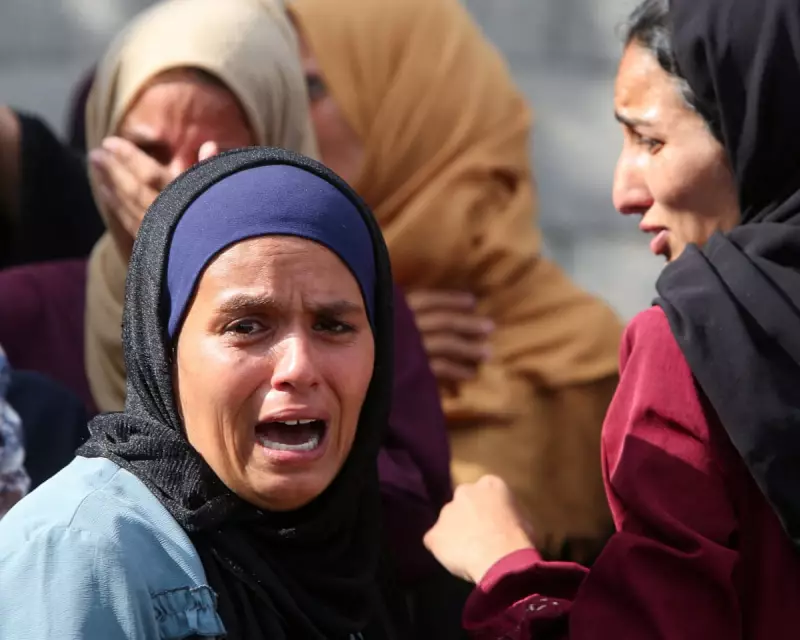
Amid ongoing ceasefire negotiations between Israel and Hamas, alarming reports have surfaced accusing Israel of deliberately blocking humanitarian aid to Gaza, leading to severe starvation and a deepening humanitarian crisis.
International observers and aid organisations have documented widespread food shortages, with many Gazans reportedly surviving on less than one meal a day. The blockade has exacerbated an already dire situation, with hospitals struggling to treat malnutrition-related illnesses.
A Tactical Weapon of War?
Human rights groups argue that Israel's restrictions on aid deliveries constitute a form of collective punishment, potentially violating international law. "This isn't just bureaucratic delay - it appears to be a calculated strategy," stated one UN official speaking anonymously.
The Ceasefire Dilemma
While diplomatic efforts continue, the aid blockade complicates negotiations. Hamas insists on guaranteed aid corridors as part of any agreement, while Israel maintains security concerns about potential weapon smuggling.
The situation has drawn international condemnation, with several European governments threatening sanctions if aid access isn't immediately improved. Meanwhile, the US continues to push for a compromise solution.
Human Cost Mounts
On the ground, doctors report increasing cases of severe malnutrition, particularly among children and the elderly. "We're seeing conditions reminiscent of famine-stricken regions," said Dr. Amina Khalid of Gaza Central Hospital.
With food prices skyrocketing and unemployment nearing 80%, many families face impossible choices. "We sold everything of value weeks ago," shared one father of four. "Now we're just waiting - for aid, for peace, for anything."






